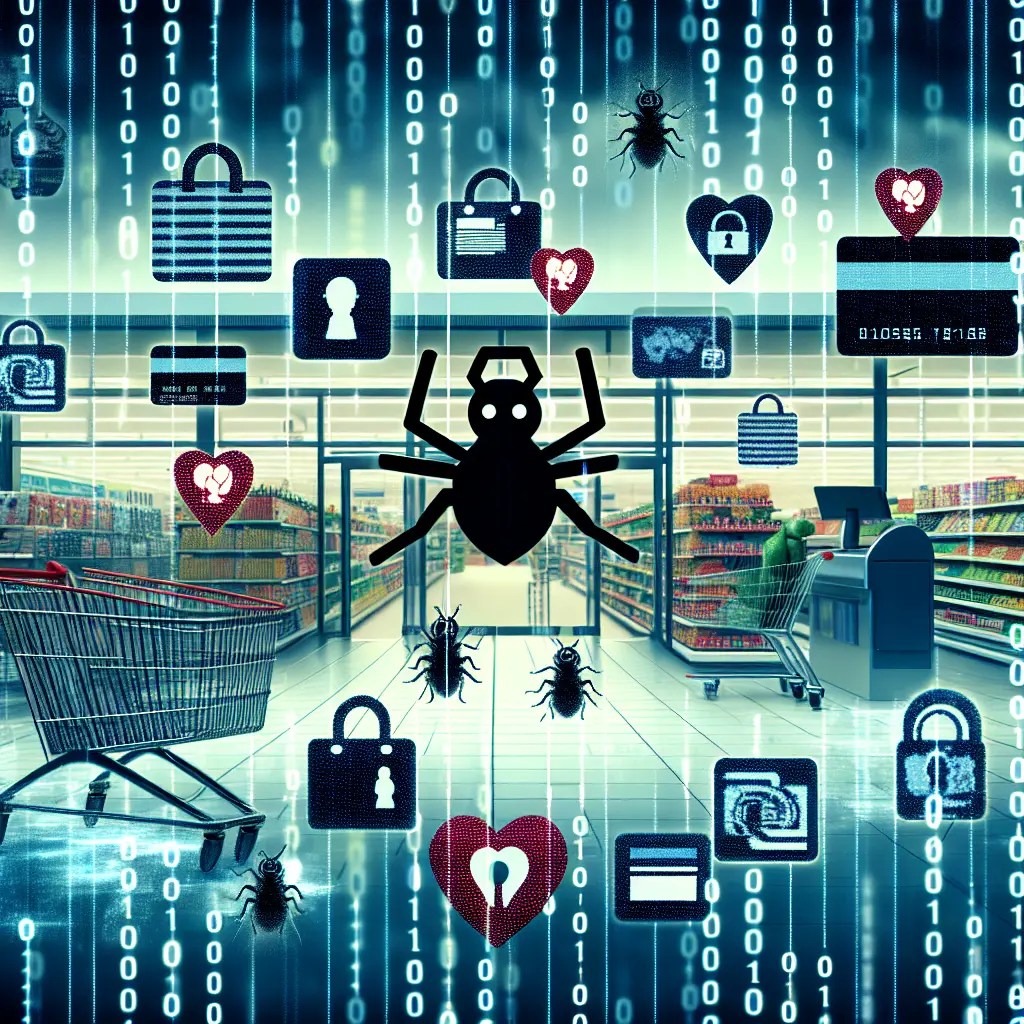A recent cyberattack on a major UK supermarket chain has once again highlighted the urgent need for robust cybersecurity measures in today’s digital world. In early May 2025, the popular UK grocer Co-op announced that hackers had successfully breached one of its systems, gaining unauthorized access to sensitive customer data. The compromised information reportedly included details relating to a significant number of both current and past members, raising widespread concerns about privacy, trust, and the resilience of corporate digital infrastructure.
This incident is the latest in a growing list of data breaches affecting large retail organizations. As technology becomes increasingly intertwined with everyday shopping experiences, the risks associated with storing vast amounts of customer data continue to grow. Such breaches not only impact individuals whose data is exposed but also shake consumer confidence in the security of digital commerce.
What Happened? In this case, a large-scale retail supermarket chain with millions of customers became the target. Hackers managed to exploit vulnerabilities in the company’s IT system and extracted customer data. Although the exact details and types of data were not fully disclosed at the time, the breach affected a considerable amount of personal information. The company responded by initiating an investigation and began notifying affected individuals according to standard protocol.
Why Are Retailers a Prime Target? Retailers like Co-op manage vast repositories of valuable customer information, such as names, contact details, payment data, loyalty program records, and purchase histories. This type of data is highly attractive to cybercriminals seeking to commit identity theft, financial fraud, or sell information on the dark web.
Implications for Customers are significant. Individuals whose data has been compromised face multiple risks: identity theft where personal information is used for fraudulent activities; financial fraud if payment details are accessed; and a heightened threat of phishing attacks as criminals use acquired contact data to target victims.
Essential Cybersecurity Lessons from Recent Breaches
The Co-op incident highlights several crucial cybersecurity lessons for businesses. Proactive defense through continuous monitoring and regular security audits can help detect vulnerabilities before they are exploited. Data minimization—limiting the amount of customer data stored—reduces risk in the event of a breach. Having an effective incident response plan ensures a swift, coordinated reaction when attacks occur. Lastly, maintaining customer transparency by issuing timely notifications allows affected users to take protective actions like changing passwords or monitoring their accounts.
For consumers, understanding that their digital safety extends beyond organizational responsibilities is important. While companies must invest in stronger cybersecurity frameworks, individuals can also play a role in minimizing their personal risk.
Consumers should use strong, unique passwords for every account, remain vigilant against unexpected emails or texts requesting sensitive information, regularly monitor bank statements and credit reports for unusual activity, and enable two-factor authentication wherever possible. These simple steps can add vital layers of protection even when corporate systems are breached.
As cyber threats evolve, so too must the strategies used to defend against them. Businesses handling personal information must prioritize robust cybersecurity measures—not only to comply with regulations but also to uphold the trust and confidence of their customers.
What’s Next for Retail Security?
Looking forward, it’s clear that cybersecurity will remain a top priority for both businesses and consumers. Companies must invest in regular assessments and improvements of their security infrastructure, while customers should stay informed about potential threats and proactive steps they can take.
For those seeking more detailed information about this particular incident, the original article provides further insights: UK Grocer Co-op Says Hackers Obtained Customer Data.
Ultimately, staying vigilant and keeping digital doors locked is everyone’s responsibility. Both organizations and individuals play crucial roles in maintaining cybersecurity across the digital landscape.
Remember: cybersecurity is everyone’s business.










Leave a Comment